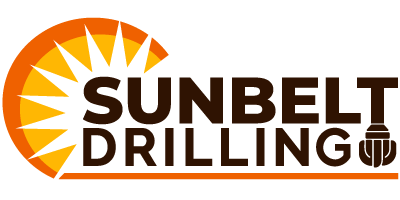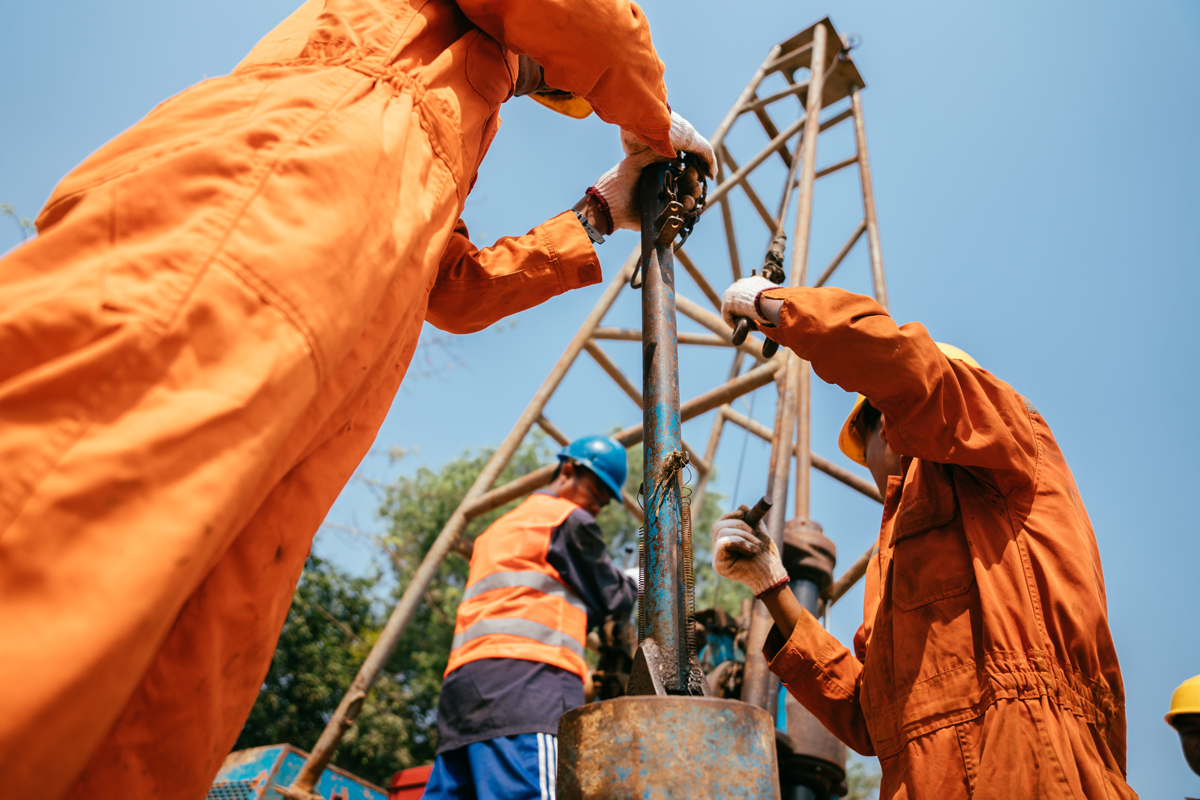The total cost of drilling a water well in the state of Arizona will depend on several factors, including type of well, location, travel, equipment, testing, well depth, and geological conditions. Once you have accounted for these factors in your budget, you will have a good idea of how much drilling a well on your property will cost.
How Much Does It Cost To Drill A Well In Arizona?
Today, roughly 42 million people use a household well in the U.S., according to CircleOfBlue. With this, the well-drilling industry has continued to grow, as well. Many areas that feature either a lack of rainfall or groundwater call for creative solutions. Most cities within the South-West have access to water through municipal water treatment, but those living outside the city limits may have less options.
Many off-grid homes continue to opt for wells as their water source. To grasp how much drilling a well will cost, one must understand the various technology utilized during this process. There are also three different types of wells that can be installed: dug wells, driven wells, and drilled wells. Dug wells are not common in the state of Arizona as the water and soil levels make this process quite inefficient.
Let’s look at all the factors that will play a role in determining how much it costs to drill a water well in Arizona.
Water Well Drilling Cost Factors
The following factors will ultimately determine how much you’ll pay for well installation. The type of well, needed depth, and other factors must be accounted for in your budget.
Depth
The majority of wells drilled for household use in the Greater Phoenix area of Arizona can range from 300 to 1,000 feet deep. Well water ultimately comes from underground aquifers, which are either fractures encountered in bedrock, or saturated sands and gravels in alluvial formations. The water will be located at different depths depending on the specific area.
Most household wells are drilled and cased with a 5” OD PVC casing or some installations require steel casing.
Travel
One factor that is often overlooked is the total length of travel for the water. Your costs will come down if you are drilling quite close to your home compared to far away.
Location
Each and every state has an average cost for well drilling. Compared to other states, Arizona’s cost is considered above average. The location of your home and site of the well are also very important factors. Places that are more out of the way will come with higher costs, overall.
Equipment Needed
Necessary equipment ultimately refers to the ancillary equipment that is associated with the well. Most wells require the use of a pump which can cost anywhere from $500-$2,000. The type of pump needed, and the required use can influence the total cost.
Geological Conditions
One of the primary reasons that drilling time can increase is the geological conditions of the area. Some areas feature soft soil that is easy to penetrate, while others can have hard rock formations that require both specialized techniques and equipment.
Underground obstacles like boulders or old well casings can ultimately slow the drilling process down. The presence of groundwater can make drilling more difficult, as it calls for additional measures to keep the hole from collapsing.
Well Type
The type of well being drilled plays a significant role in the total time it will take to complete the process. There are several types of wells, including drilled wells, driven wells, and dug wells.
Dug wells are manually excavated, which results in shorter drilling time compared to the other types. Drilled wells call for drilling rigs, which require the need for specialized equipment and techniques.
Testing And Permits
Testing your water is the first step in this process. Arizona has the potential for groundwater contamination, so the water must be acceptable for your use. A test can cost anywhere from $50-$500 depending on the testing type that is required.
How Long Does It Take To Drill A Well in Arizona?
A well that is less than 200 feet deep can typically be completed in six hours. Again, this estimate could change based on the amount of water and soil type in the area. The first step in the process is determining the depth of the well by using a hand auger or an electric drill. Next, a hole will be drilled into the ground with a drill bit attached to a pipe.
Once the hole has been drilled, a screen will be placed over the opening in an effort to keep out any sand and sediment. As mentioned, the drilling process can take anywhere from six hours to a few weeks, depending on several factors outlined below.
Conclusion
Arizona water well drilling services by Sunbelt Drilling include quality water well systems and Ground Source heat pump installations. Sunbelt Drilling is an IGSHPA certified Driller/Installer for geothermal HVAC systems. We specialize in air rotary drilling, mud rotary drilling, reverse rotary drilling and casing hammer. Based in Phoenix, Arizona, Sunbelt Drilling serves all of Arizona. Sunbelt Drilling, LLC was formed in 2001.
Our experienced team has worked with almost every consulting firm in the state and most of the municipalities and has extensive knowledge and experience in the completion of large Commercial Bonded Projects. Contact the team at Sunbelt Drilling today for more information!





